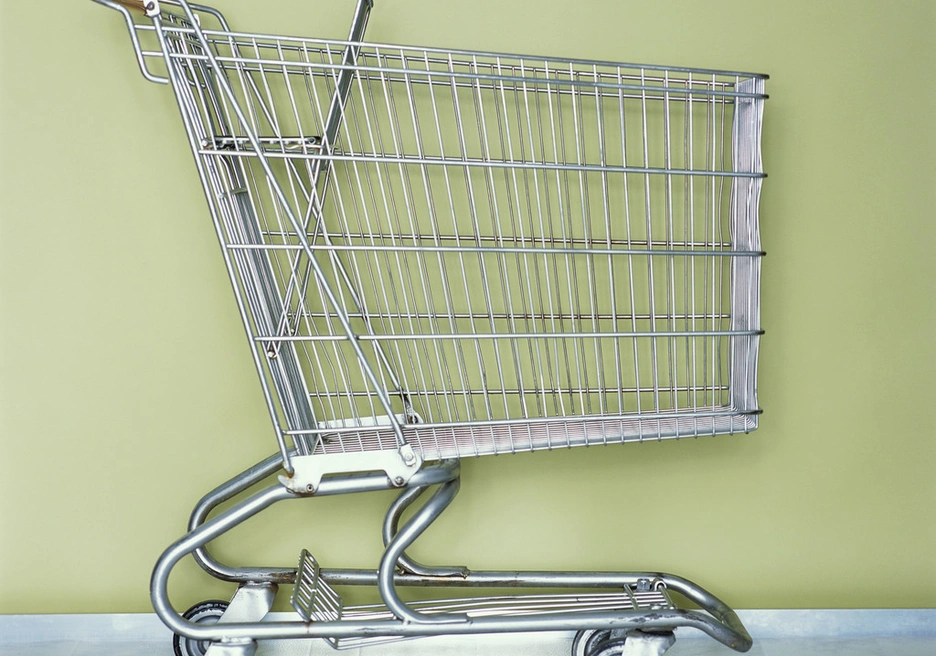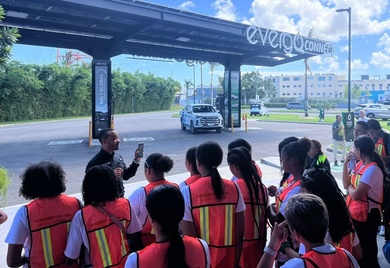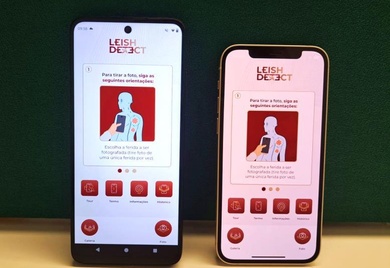What is the connection between No Impact Week and sustainable business?

[caption id="attachment_3777" align="alignleft" width="494"] No Impact Week and sustainable Business (Credit: Creative Commons)[/caption]
No Impact Week and sustainable Business (Credit: Creative Commons)[/caption]
Some of you might remember this campaign by Patagonia, the California based outdoor clothing company. In 2011, Patagonia published a full-page ad in The New York Times, telling people not to buy the jacket they were advertising. The goal was to make people realize that every product comes with an environmental cost higher than its price – even one that’s manufactured according to highest sustainability standards. Instead, Patagonia encouraged people to repair or reuse old stuff they already had, or recycle what cannot be used anymore. Paradoxically, annual sales in the following two years grew by almost 40 percent. As the business world noted, the company cranked out $158 million worth of new apparel with a “green” sales pitch.
Did the ad lead to more consumption? Or will people who bought this jacket never need another one and therefore reduce consumption in the long run? This is something we should measure.
An ad campaign is certainly just the tip of the iceberg when you think about what companies can do to encourage sustainable consumption. According to a recent Economist article, there is a new wave of sustainability efforts among global corporates, aiming to do just that. Take SAB Miller for example, the world’s second-largest brewer. The beer giant updated its sustainability strategy to incorporate the entire value chain from hops, malt and water to its customers at the corner bar. They have been good at reducing carbon emissions and water usage in their own operations. However, new pledges include steps to reduce impact in their value chain through a number of measures: teaching basic business skills to 500,000 small enterprises; helping farmers manage their water resources better; and sponsoring anti-drinking and road-safety campaigns aimed at young beer consumers.
In short, sustainability is increasingly becoming a core part of business strategy, not just a way to cut costs or “greenwash” sales campaigns. Recycling, reusing, and most importantly reducing our consumption of stuff reduces negative impacts on the planet and can be good business. In the end, it is best for the planet not to buy a winter jacket we don’t really need. And better yet, to buy one stuffed with a 100% traceable down from happy geese.
Last year the No Impact Week attracted 505 employees from the Inter-American Development Bank, and we hope to increase participation this year with an event to kick off next week. If you miss it, your next chance to buy nothing starts tomorrow!
For more information, check out http://noimpactproject.org/.
Adapted from a previous post in September 2014.
LIKE WHAT YOU JUST READ?
Subscribe to our mailing list to stay informed on the latest IDB Invest news, blog posts, upcoming events, and to learn more about specific areas of interest.
Subscribe




